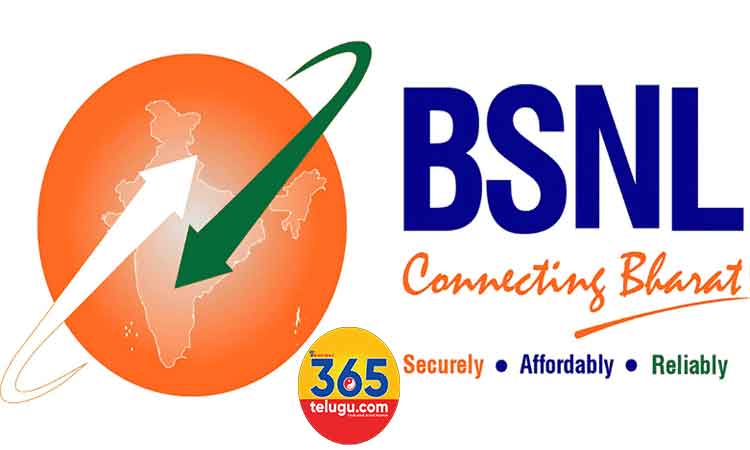365Telugu.com online news,November 15th,2024: BSNL Direct-to-Device (D2D) Service: The Department of Telecommunications (DoT) has announced a groundbreaking initiative – BSNL’s new Direct-to-Device (D2D) satellite service, which will allow users to make calls, send messages, and conduct UPI payments in remote areas where traditional mobile networks do not reach.
This service marks a significant milestone as India’s first indigenous satellite communication technology, and it’s expected to revolutionize connectivity in underserved and isolated regions. While BSNL is at the forefront of this service, other global telecom companies, including Elon Musk’s Starlink and Amazon’s Kuiper Project, are also preparing to launch satellite-based internet services in India.
How Does BSNL’s Satellite Direct-to-Device Service Work?
The DoT unveiled the details of the BSNL satellite service through X (formerly known as Twitter), emphasizing its capability to connect users in remote areas without relying on traditional telecom networks. The service is the result of a collaboration between BSNL and Viasat, a leading U.S.-based internet service provider.

At the India Mobile Congress (IMC), BSNL and Viasat demonstrated the service’s ability to handle two-way messaging and SOS messaging using a specially designed Android device, highlighting its potential to serve as a reliable communication tool in areas with little or no cellular coverage.
Key Benefits of the New Satellite Service
With the introduction of this satellite Direct-to-Device service, users will no longer need to depend on mobile towers to stay connected. This is particularly beneficial in remote locations or hilly regions where network coverage is limited. Key features of the service include:
Voice Calls: Making calls even when there is no mobile network.
Messaging: Sending text messages without relying on traditional telecom infrastructure.
UPI Transactions: Users can perform UPI payments in areas without network coverage, making it a game-changer for digital transactions in remote locations.
This service eliminates the dependency on traditional mobile towers and ensures uninterrupted communication, especially in emergency situations where conventional networks may fail.
Availability and Pricing
As of now, there is no official announcement regarding the exact availability or pricing details for the general public. Initial reports suggest that setting up the necessary equipment for the satellite service could be expensive and may not be easily accessible for average consumers. Additionally, factors such as adverse weather conditions could potentially disrupt the satellite signals.
However, BSNL has highlighted that this service could prove invaluable in emergency situations, allowing people to make calls or carry out transactions even when standard network services are unavailable.

Competition from Global Players
BSNL is not the only company exploring satellite communication services in India. Starlink, led by Elon Musk, is also preparing to introduce its satellite internet service. Starlink has reportedly agreed to comply with India’s security and privacy regulations, clearing the way for its entry into the Indian market.
In addition, Amazon’s Kuiper Project, which aims to offer satellite-based internet services, is expected to launch soon, although a timeline for its roll-out has not yet been confirmed. Both Starlink and Amazon’s Kuiper will add competition to BSNL’s satellite service, pushing innovation in the sector and potentially lowering costs in the future.
This new satellite Direct-to-Device service from BSNL could reshape communication in India’s most remote regions, offering a much-needed solution for connectivity challenges in areas traditionally underserved by mobile networks.

